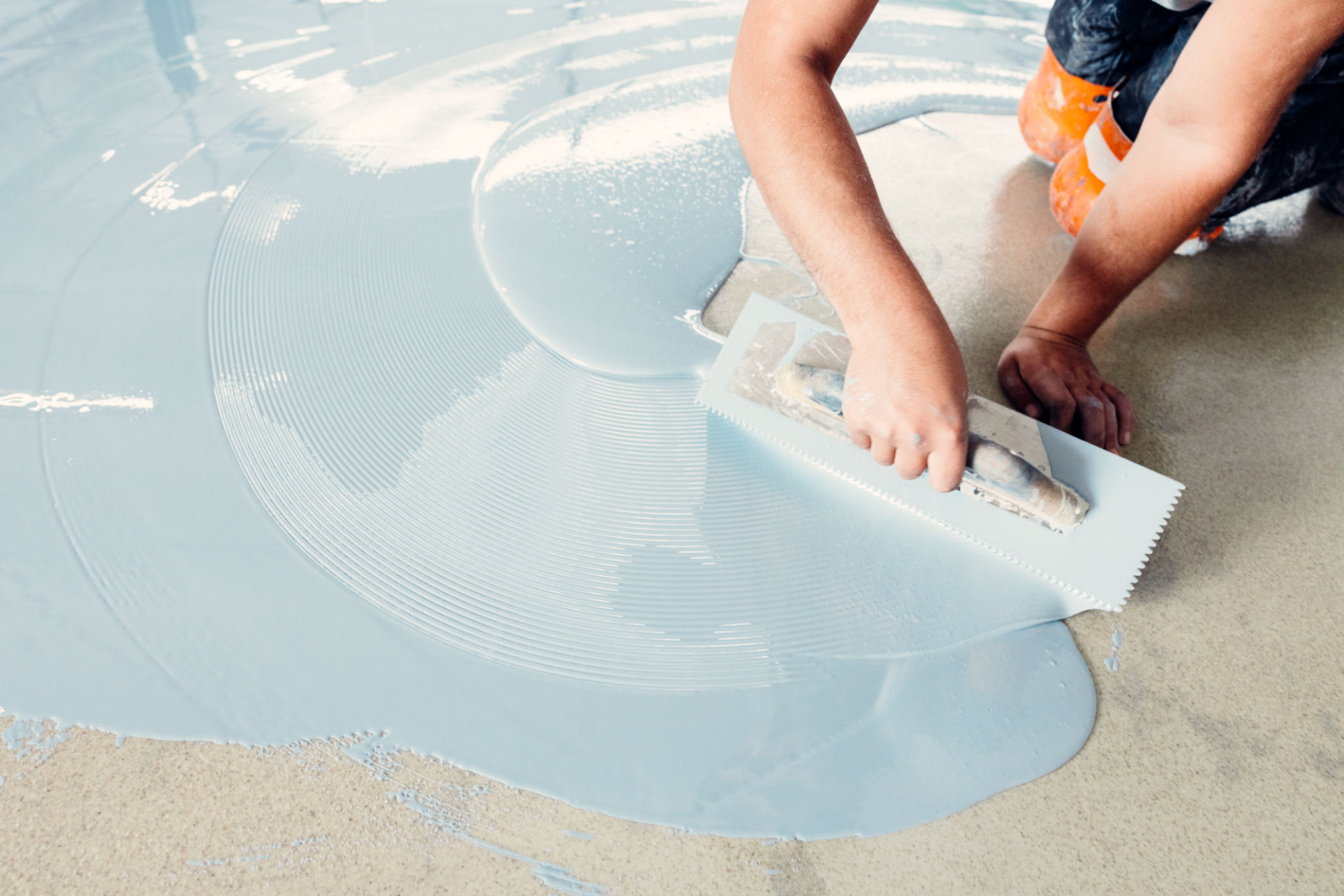The Ultimate Guide to Epoxy Resin Flooring Services for Homes and Businesses
Introduction to Epoxy Resin Flooring
Epoxy resin flooring has gained immense popularity for both residential and commercial spaces. Known for its durability, aesthetic appeal, and versatility, epoxy flooring is a top choice for those looking to update their floors. In this guide, you'll discover the benefits, applications, and maintenance tips for epoxy resin flooring.

Why Choose Epoxy Resin Flooring?
Durability is one of the most significant advantages of epoxy flooring. It can withstand heavy foot traffic, making it ideal for both homes and businesses. Additionally, epoxy resin is resistant to spills, stains, and chemicals, ensuring that your floors remain pristine for years.
Apart from its resilience, epoxy flooring offers a wide range of design options. Whether you prefer a glossy finish or a more understated matte look, epoxy can be customized to suit any interior design style. With various colors and patterns available, the possibilities are endless.
Applications of Epoxy Flooring
Epoxy resin flooring is versatile and can be used in numerous settings. In residential spaces, it is commonly found in garages, basements, and even kitchens due to its resistance to moisture and spills. On the commercial side, it is perfect for warehouses, showrooms, and retail spaces where durability and appearance are key.

Residential Use
For homeowners, epoxy flooring is a practical choice for areas prone to wear and tear. Its seamless finish makes cleaning a breeze, while its non-slip surface provides safety for families. Additionally, its resistance to mold and bacteria growth makes it an excellent option for allergy sufferers.
Commercial Use
For businesses, epoxy flooring offers a professional look that can enhance any workspace. Its durability ensures minimal maintenance costs over time, while its reflective properties can improve lighting in large spaces.

Installation Process
Installing epoxy resin flooring requires expertise to ensure a flawless finish. The process involves several steps:
- Surface Preparation: The floor must be clean and free of any debris or oils.
- Application of Primer: A primer helps the epoxy adhere to the surface.
- Mixing and Application: The epoxy resin is mixed and applied evenly across the floor.
- Curing: The floor needs time to cure and harden before use.
Maintenance and Care Tips
Maintaining epoxy resin flooring is relatively straightforward. Regular sweeping or vacuuming will prevent dirt from scratching the surface. For deeper cleaning, a mild detergent and warm water will suffice.
Avoid using harsh chemicals or abrasive cleaners as these can damage the epoxy finish. For businesses with high foot traffic, consider applying a fresh coat of epoxy every few years to maintain its appearance and durability.

Conclusion
Epoxy resin flooring is an excellent investment for both homes and businesses. Its combination of durability, aesthetics, and low maintenance makes it a standout choice for any space. Whether you are renovating your garage or upgrading your commercial showroom, epoxy flooring can provide the perfect foundation.
